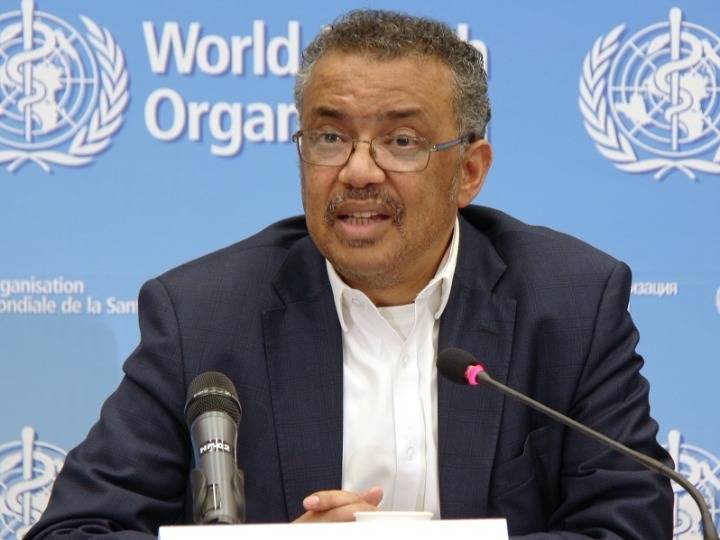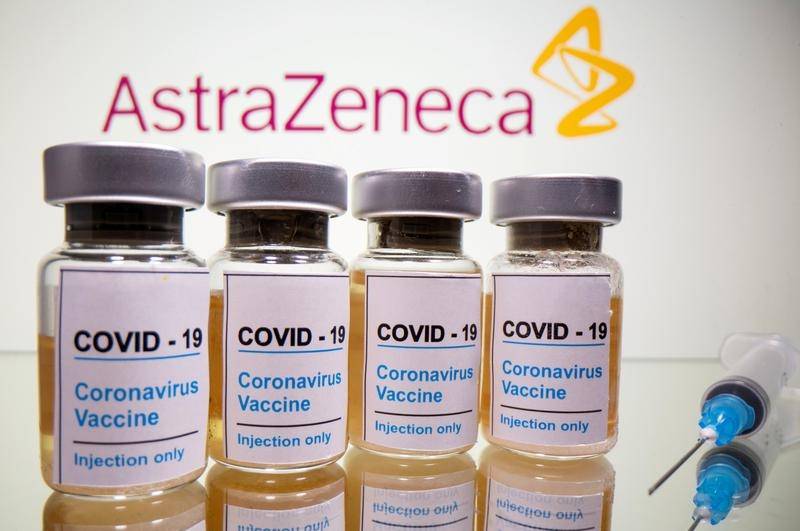
The European Commission outlined that it should not affect those travelling for compelling reasons such as for imperative family reasons or persons in need of international protection or for other humanitarian reasons, reports Asian Lite Newsdesk
The European Commission on Wednesday called on the EU Member States to take coordinated action to further restrict travel from India on a temporary basis, with a view to limiting the spread of the B.1.617.2 variant, first detected in India.
According to a statement by the Commission, the decision came after a proposal of the World Health Organisation (WHO) on May 10 to change the classification of that variant from “variant of interest” to “variant of concern”.
“It is important to limit to the strict minimum the categories of travellers that can travel from India for essential reasons and to subject those who may still travel from India to strict testing and quarantine arrangements,” the statement read.
The Commission outlined that it should not affect those travelling for compelling reasons such as for imperative family reasons or persons in need of international protection or for other humanitarian reasons.
“Any restrictions on essential travel from India should be temporary and regularly reviewed. Member States should assess their effectiveness in containing the new variant. When triggering the ’emergency brake’ mechanism to further restrict travel from a non-EU country, the Member States meeting within the Council structures should review the situation together in a coordinated manner and in close cooperation with the Commission,” the statement further said.
Dr Maria Van Kerkhove, Technical lead COVID-19 at WHO, had said that the variant has three sub-lineages.
“Our team has been discussing this with our virus evolution group. Everything we know about it in terms of transferability, studies that are being done, in India as well as in other countries where this virus is circulating. It is important to note that B.1.617 has three sub-lineages- .1, .2, .3.”
The WHO on Wednesday informed that the B.1.617 variant of COVID-19, first found in India in October last year, had been detected in sequences uploaded “from 44 countries in all six WHO regions”.
“As of 11 May, over 4500 sequences have been uploaded to GISAID (platform of data sharing mechanism for influenza) and assigned to B.1.617 from 44 countries in all six WHO regions, and WHO has received reports of detections from five additional countries,” the WHO had said in its weekly epidemiological update on the pandemic.

The WHO report also said that it has received “reports of detections from five additional countries.
The coronavirus variant B.1.617 first identified in India last year has been classified as a “variant of global concern”, with some preliminary studies showing that it spreads more easily, a senior WHO official had said on Monday.
“B.1.617 virus variant that was first identified in India has been classified as a variant of interest by WHO,” said Dr Kerkhove.
The B.1.617 variant is the fourth variant to be designated as being of “global concern”.
India is currently battling a deadly second wave of the COVID-19 pandemic, which is believed to be led by this variant. The current wave has strained the country’s health infrastructure and overburdened frontline medical workers.
‘Vaccines in EU effective against B.1.617’
Most of the Covid-19 vaccines currently in use in the European Union (EU) should be effective against the variant first identified in India, an official from the European Medicines Agency (EMA) said.
In a statement on Wednesday, Marco Cavaleri, the EMA’s head of Biological Health Threats and Vaccines Strategy, said that messenger RNA vaccines “should guarantee sufficient protection” against the variant.
“Data seems to be rather reassuring on the fact that at least the messenger RNA vaccines would be able to neutralise this variant,” said Cavaleri.
Regarding viral vector vaccines, they are also expected to be effective against the variant.
“We are gathering more evidence from real world data in India, where a version of the AstraZeneca vaccine is in use, in order to have a good understanding to what extent this vaccine is protecting.

“So far overall pretty confident that these vaccines generally will be covering variant,” said Cavaleri.
Four vaccines are currently being used in the EU after being granted conditional marketing authorization from the EMA.
The vaccines from BioNTech/Pfizer and Moderna use the messenger RNA technology, while those from AstraZeneca and Johnson & Johnson use the viral vector technology. (with inputs from ANI)
ALSO READ:‘Pfizer-BioNTech vax very effective against UK, SA variants’
READ MORE-Pfizer Covid vax endorsed for kids


